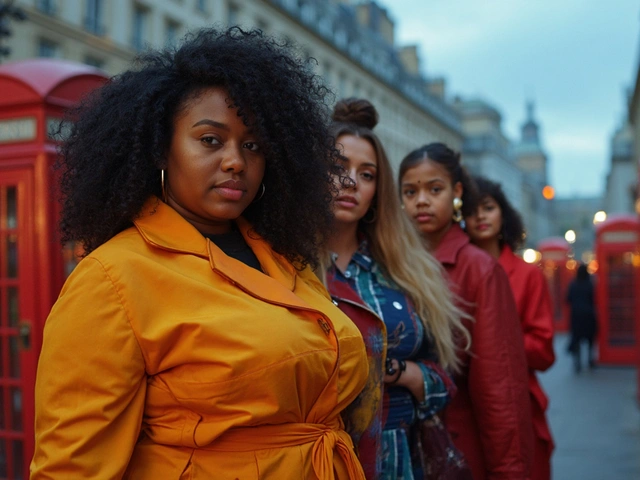Legal Challenges Every UK Model Needs to Navigate
Stepping onto the runway or into a photoshoot can feel like a dream, but the paperwork behind the scenes often trips up new talent. If you don’t understand the legal side, a simple mistake can cost you money, reputation, or future gigs. Below are the most common legal hurdles and quick ways to keep them from slowing you down.
Common Contract Pitfalls
Most agencies hand you a contract that looks standard, but the fine print hides exclusive clauses, hidden fees, and vague payment terms. An exclusive clause can tie you to one agency for months, even if they aren’t booking you. Before you sign, ask for a clear timeline: how long does the exclusivity last, and can you walk away if no work comes your way?
Pay schedules are another red flag. Some contracts say you’ll be paid "within a reasonable time"—that’s code for “whenever we feel like it.” Insist on a specific deadline, like 30 days after the shoot, and make sure the contract states who covers travel, wardrobe, and taxes. If you’re unsure, a short consultation with a lawyer who focuses on entertainment or fashion law can save you headaches later.
Termination clauses often surprise models. Look for language that lets the agency end the agreement without cause, and see what happens to any money they’ve already earned on your behalf. A fair contract will outline how commissions are refunded or transferred if you part ways.
Protecting Your Image and Earnings
Every photo you create becomes part of your brand, and you own the rights to that image—unless you sign them away. Model releases should spell out where and how your pictures will be used. If a brand wants global rights, ask for a higher fee or a royalty arrangement. Never sign a blanket release that lets a company edit, sell, or reuse your image forever without compensation.
Social media adds another layer of risk. Influencer deals often merge brand contracts with personal accounts, so make sure you keep a separate business email and handle for brand collaborations. This separation protects your personal content from being claimed under a brand’s contract.
Privacy and defamation are legal concerns you might not expect. If a magazine publishes a story that misrepresents you, you have the right to a correction or even legal action. Keep records of all communications and contracts; they become vital evidence if a dispute arises.
Finally, don’t overlook work permits and visa requirements if you model abroad. An agency that books you for an international shoot must ensure you have the correct paperwork. Without it, you could face fines, denied entry, or a ruined trip.
Bottom line: treat every contract like a test drive. Read it, ask questions, and get professional advice when needed. Protecting your image, earnings, and future bookings is just as important as perfecting your pose. Stay sharp, stay informed, and let the legal side work for you, not against you.
Navigating Legal Challenges in Model Management
Handling the legal aspects of model management can be tricky, as it involves understanding contracts, intellectual property rights, and labor laws. This article outlines the critical legal issues models and agencies must navigate to protect their interests. Discover how to tackle common disputes, ensure compliance, and secure beneficial agreements. Real-world examples illustrate these challenges, offering practical advice for overcoming them. Prepare to unravel the complexities and make informed decisions in the competitive modeling industry.





